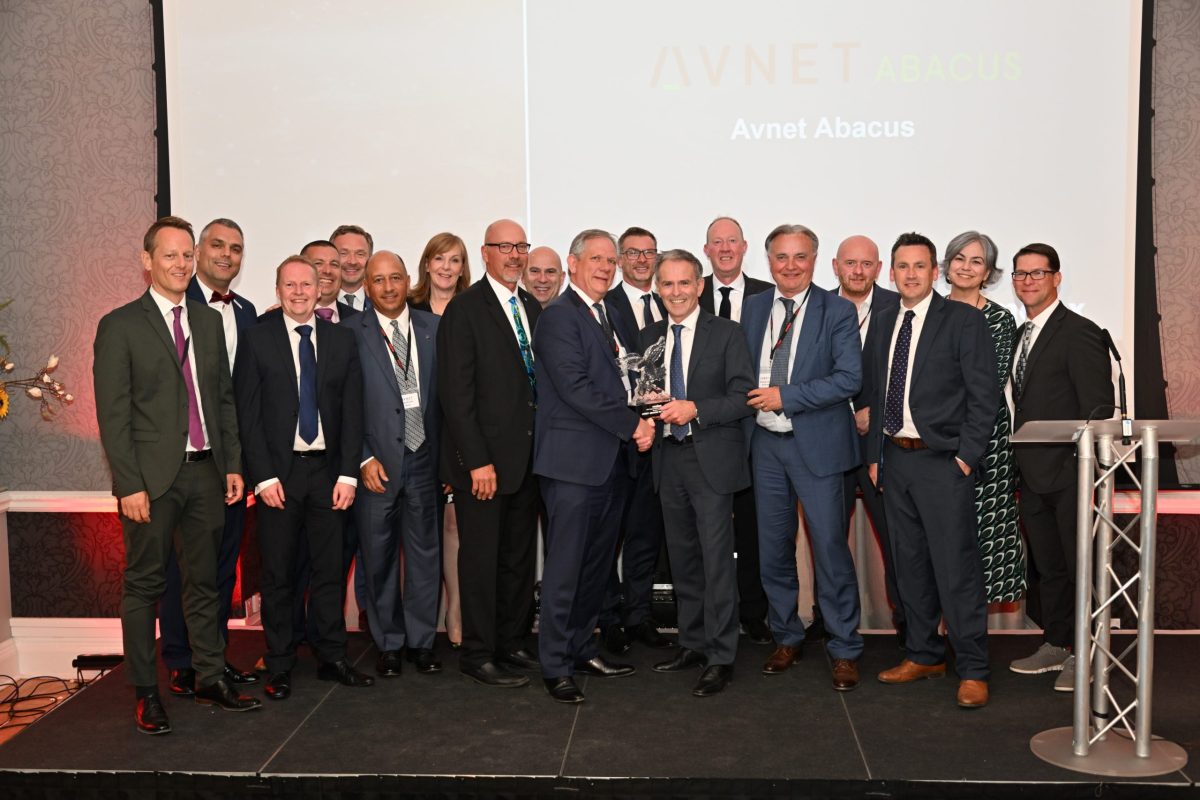Millions of smart meters now will not have to end up in landfills, thanks to the collaboration between Avnet Abacus and TWTG Cooperation. Avnet Abacus is a renowned distributor of power supply, electromechanical, interconnect, energy storage, passive, wireless, and sensor products. On the other hand, TWTG is an industry-IoT specialist located in Rotterdam.
Smart meters are under threat due to technological improvements. This is considering that smart meters deliver data via 2G/GPRS while the market is now flooded with technologies delivering data and voice services through 3G/4G, with the possibility of moving to 5G. As technology progress becomes inevitable, older network technologies like smart meters are increasingly being shut down, and this means that most of them end up in landfills.
One company in Europe providing smart-metered electricity to millions of households and businesses was affected by this problem. As a result, the company asked to work with TWTG to come up with a retrofit module. The module was to be designed to work with the smart meters and use the LTE-M to communicate with the outside world.

However, they had a big challenge since the P1 access port of the smart meters had small output measuring about 5mA. This output was limited and couldn’t send messages through 4G. This is where Avnet Abacus came in.
TWTG collaborated with Avnet Abacus to an energy storage device that was small yet powerful enough to get energy from the smart meter’s port. The energy storage would then store the energy and provide adequate power to the module, making it possible to send data through LTE-M.
Following this, Avnet Abacus opted for an innovative battery from Nichicon, which charged quickly and lasted thousands of charge cycles. The Product Manager at the batteries mentioned that Nichicon’s SLB series technology helped the company meet the requirements.

